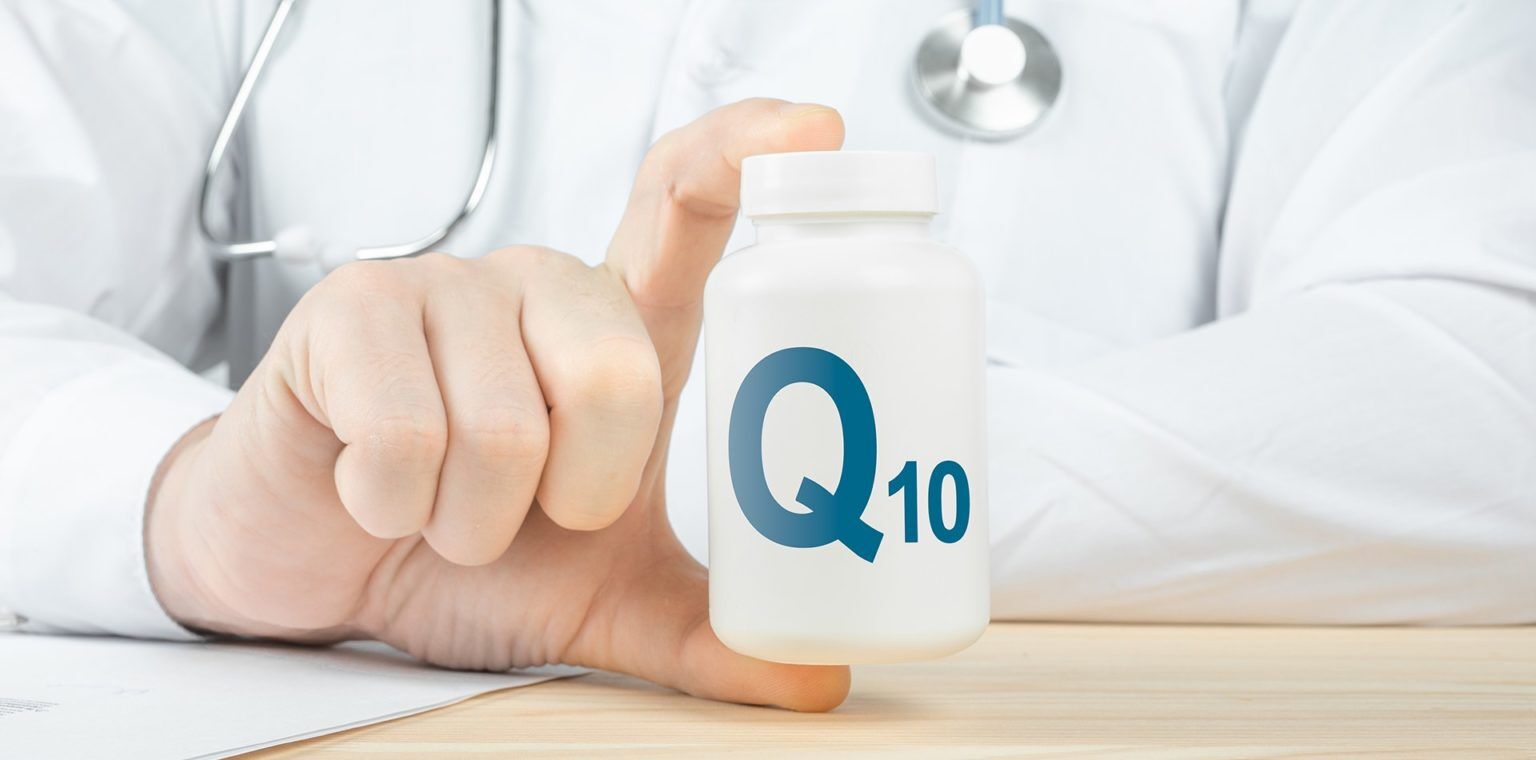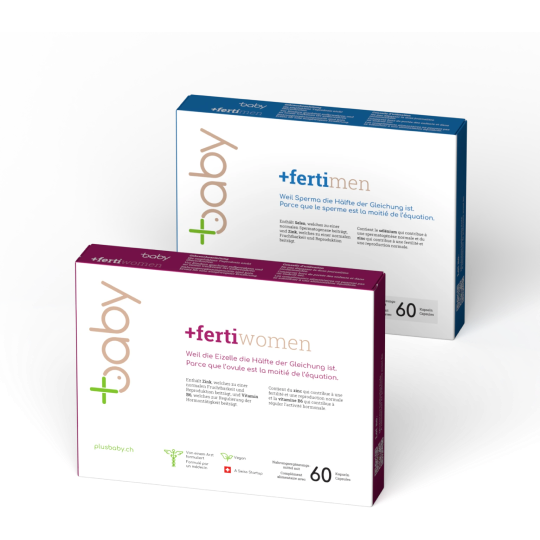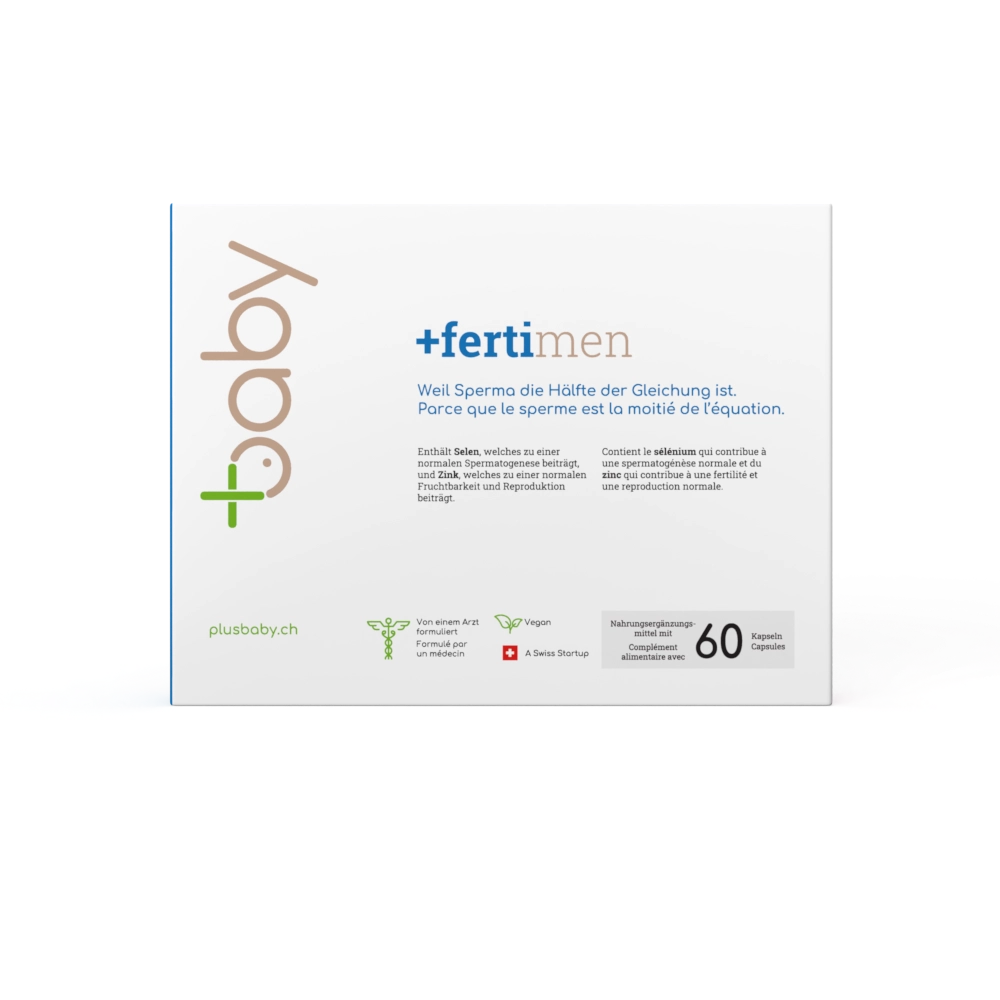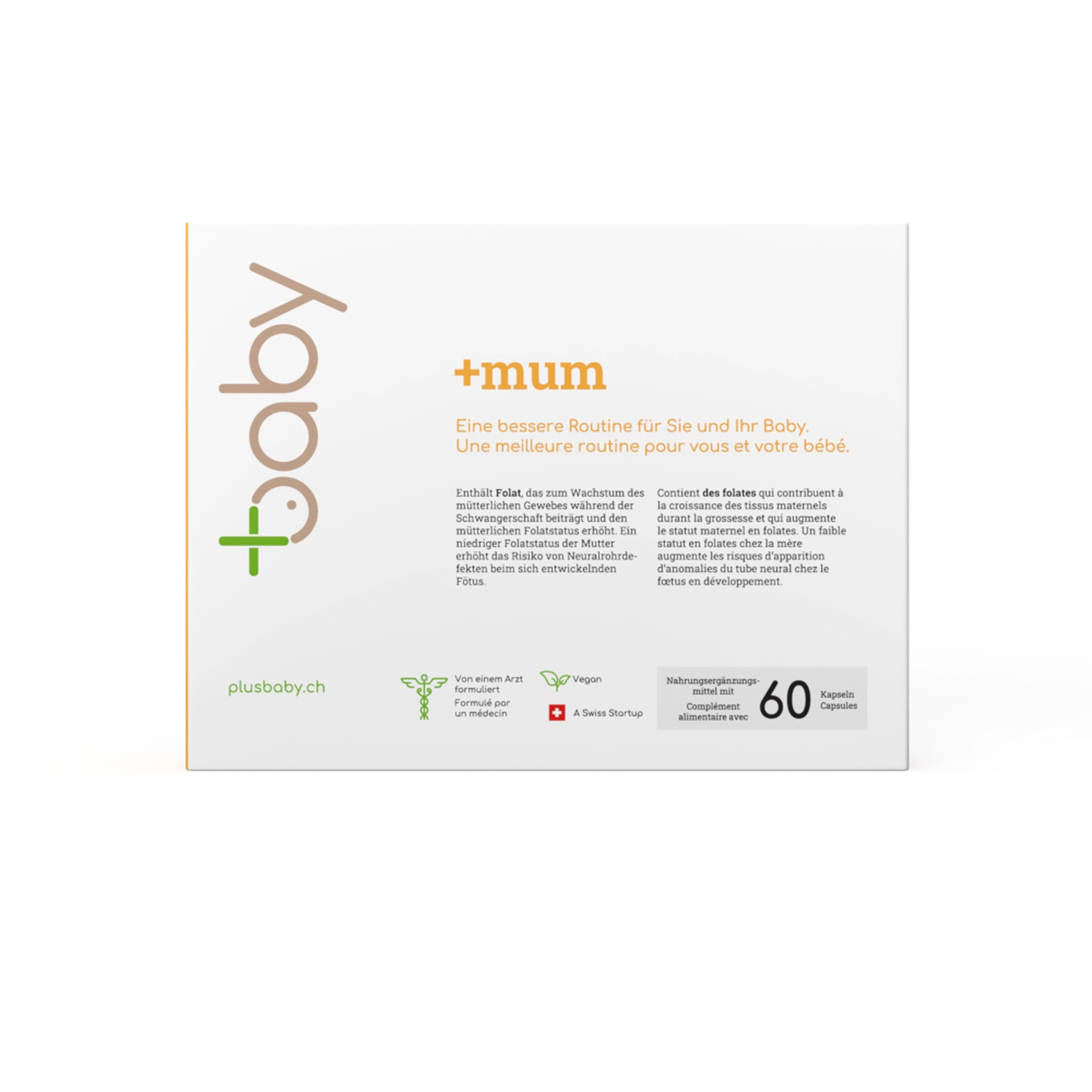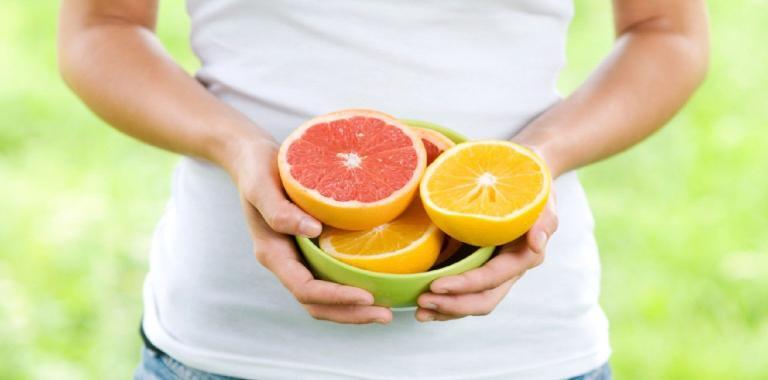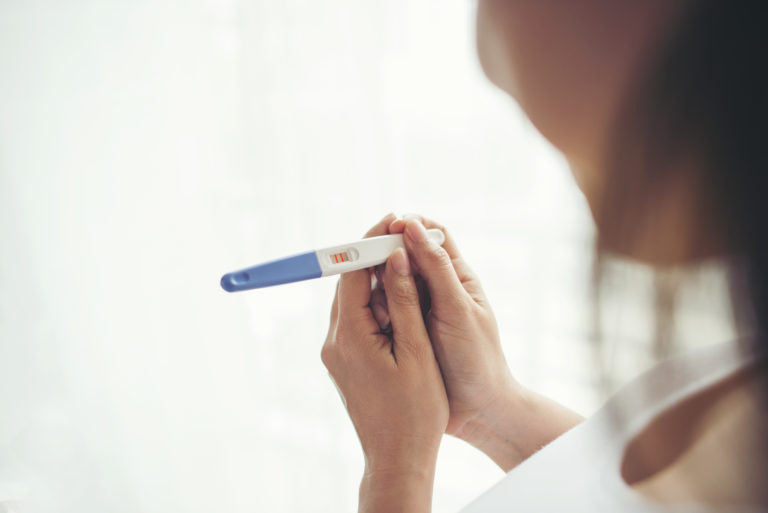Q10 is a natural antioxidant present in every cell of the human body.
The role of Q10 in fertility
What is coenzyme Q10? Can it help me get pregnant? We look at the research to help understand its role in fertility and give you some advice
What is coenzyme Q10?
Coenzyme Q10 (Q10) has become increasingly popular in the infertility medical community. Q10, also known as ubiquinone, is a natural antioxidant found in every cell of the human body. It is a component used by our cells for the energy production process in the mitochondria. The main function of the mitochondria is to produce energy for cellular activity – the ‘powerhouse of the cell’ you may remember from your biology lessons. The higher a cell’s energy requirements, the higher its Q10 content. This means that organs whose cells have high energy requirements have more mitochondria and, consequently, higher levels of Q10.
The oocyte (egg of the ovary) is the largest cell in multicellular organisms and there are more mitochondria per egg than in any other cellular organelle. As a result, eggs need a lot of mitochondria to produce the energy needed for cell division during maturation of the egg, fertilisation and the development of an embryo. After fertilisation, the mitochondria of the sperm rapidly die, so that the mitochondria of an embryo come entirely from the ovum. As a result, the quality of the mitochondria in an egg determines the quality of the embryo.
Why is Q10 important?
We know that with age, the quality and quantity of oocytes produced by the ovaries decreases (known as reduced ovarian reserve). Pregnancy rates fall and genetic abnormalities increase. Errors in the number of chromosomes lead to miscarriages and genetic diseases at birth, such as Down’s syndrome. This phenomenon becomes more pronounced after the age of 35 for most women due to an increase in the number of chromosomal anomalies. These then lead to a higher rate of miscarriage and genetic anomalies in the foetus.
There are two predominant theories about the age-related decline in egg quality. The first is fairly straightforward: essentially, the best quality eggs are used in the younger reproductive years, leaving the poorer quality eggs for later. The second is that the ageing process itself can have a detrimental effect on the eggs that lie dormant in the ovary. One of the main ways in which this happens is through an increase in the number of mutations and deletions in mitochondrial DNA over time.
What does the research say about Q10?
Given these theories, infertility research has focused quite a bit on how to improve egg quality and increase egg numbers. Since we know that Q10 is an integral part of the energy stored in all cells, it makes sense that supplementation could potentially help women with reduced ovarian reserve to improve mitochondrial activity and energy production in the ovaries.
Since we know that Q10 is an integral part of the energy stored in all cells, it makes sense that supplementation could potentially help women with reduced ovarian reserve to improve mitochondrial activity and energy production in the ovaries.
Much of the research in this area is still ongoing. Several studies have been carried out on both mice and women. Studies on mice have shown that older mice given Q10 had more similar results to younger mice – i.e. they had higher egg counts, more eggs were ovulated after ovarian stimulation and the embryos had fewer chromosomal abnormalities.
A recent 2018 study found that pre-treating young women with low ovarian reserve with Q10 before an in vitro fertilisation (IVF) cycle improved ovarian response to stimulation.
These results are promising, and a great deal of other research is still underway to investigate this issue.
Another benefit of Q10 for men is that it has been shown to improve sperm analysis parameters, including sperm count, motility and morphology.
Our conclusion
As we’ve explained, Q10 can improve egg quality and fertility, and it improves sperm analysis parameters in men. It can therefore be beneficial for the fertility of both men and women. That’s why we’ve added it to our +fertimen and +fertiwomen supplements.
CHF 99.90 Original price was: CHF 99.90.CHF 69.93Current price is: CHF 69.93.
Q10 and pregnancy
For most women, Q10 will have no additional benefit during pregnancy.
Even if there is no risk in continuing Q10 supplementation during pregnancy, it is no longer necessary for most women. However, one study showed that taking 200 mg of Q10 from 20 weeks of pregnancy reduced the risk of pre-eclampsia (high blood pressure during pregnancy). If you are at risk of pre-eclampsia, please discuss taking Q10 and other ways of reducing your risk with your doctor. Otherwise, there is insufficient evidence to support the continuation of Q10 throughout pregnancy. Consequently, it is preferable for most women to take it before pregnancy, and then stop as soon as they discover they are pregnant. This is why our pregnancy supplement +mum does not contain it. If you are at risk of pre-eclampsia, talk to your doctor, who will decide whether Q10 supplementation is necessary.
CHF 55.90 Original price was: CHF 55.90.CHF 33.54Current price is: CHF 33.54.
CHF 44.90 Original price was: CHF 44.90.CHF 26.94Current price is: CHF 26.94.

